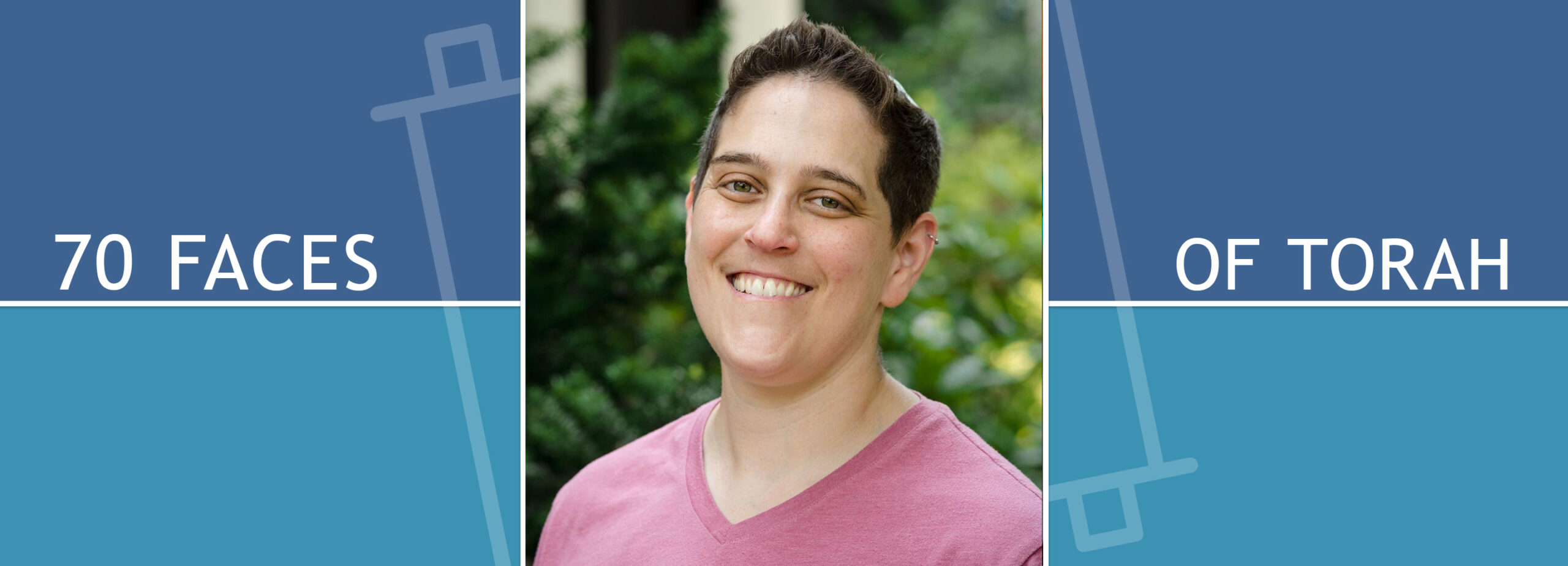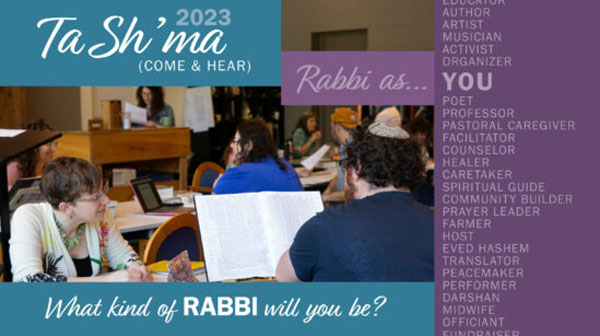Jewish learning Child of God, Holy and Treasured

Parashat Re’eh (Deuteronomy 11:26-16:17)
Figuring out how to be an adult who is also my parent’s child is one of the most challenging aspects of this season of my life. I find myself at once holding the vision of children as being young people, playing with bubbles or playing in a playground, while also acknowledging the journeys of self-actualization, boundary-setting, and intimacy that come with being someone’s child. Given this current reality, it is unsurprising that I was caught by this text in the middle of Parashat Re’eh (Deut 14:1-2):
(א) בָּנִים אַתֶּם לַיי אֱלֹהֵיכֶם לֹא תִתְגֹּדְדוּ וְלֹא תָשִׂימוּ קָרְחָה בֵּין עֵינֵיכֶם לָמֵת (ב) כִּי עַם קָדוֹשׁ אַתָּה לַיי אֱלֹהֶיךָ וּבְךָ בָּחַר יי לִהְיוֹת לוֹ לְעַם סְגֻלָּה מִכֹּל הָעַמִּים אֲשֶׁר עַל-פְּנֵי הָאֲדָמָה
You are children to Adonai your God. You shall not gash yourselves or shave the front of your heads because of the dead. For you are a people consecrated to Adonai your God: Adonai your God chose you from among all other peoples on earth to be a treasured people.
Perhaps because the phrase “Gd’s children” rings as not particularly Jewish—maybe even overtly Christian—in my mind, I had not considered this to be a central way that I related to the Divine. And yet, here it is:
You are children to your Gd. You are a holy people to Gd. You are treasured to Gd.
These statements stand out both in the repetition of the phrase “to Gd” and in the way they name or characterize our relationship with the Divine rather than prescribe action. This relationship requires nothing of us. We are unconditionally children of Gd. Sitting with the implications of this unconditionality, I see an opportunity for our own reflections on what it means to be a child of Gd, to be holy to Gd, to be treasured by Gd. We can then turn these questions outward and ask, “Knowing that these statements are true, how does this influence how I show up in the world?”
Still feeling the power of Tisha B’Av and just beginning to feel the pull of Rosh Chodesh Elul and the Yamim Noraim (High Holidays), questions of presence and relationship are deeply connected to this moment in our communal calendar—even in the specificity of a parent-child relationship. For example, in the aftermath of the destruction of the Temple, the Talmud imagines Gd like a father in mourning after banishing his son from his table (Berakhot 3a). And as we approach the liturgy of Rosh Hashanah and Yom Kippur, appealing to Gd as “Avinu Malkeinu / Our father, our king” is familiar for many of us.
So how might these questions call us forward towards the potential of a New Year? What might we learn to help us prepare for a New Year?
In Pirkei Avot 3:14 we read:
חֲבִיבִין יִשְׂרָאֵל שֶׁנִּקְרְאוּ בָנִים לַמָּקוֹם. חִבָּה יְתֵרָה נוֹדַעַת לָהֶם שֶׁנִּקְרְאוּ בָנִים לַמָּקוֹם, שֶׁנֶּאֱמַר (דברים יד) בָּנִים אַתֶּם לַה’ אֱלֹהֵיכֶם.
Beloved are Israel in that they were called children to the All-Present. Especially beloved are they for it was made known to them that they are called children of the All-Present, as it is said: “you are children to the Lord your God,” (Deuteronomy 14:1).
The Torah is offering us something beyond being beloved—it is also offering the knowledge of being beloved. There is a gift in scripture’s explicit naming of the characteristics in our relationship with the Divine—that it is unique to us as a community and as individuals, and that it is held by love. I hear this as a reminder of my own dignity. I also hear this as a place where we can lean into walking in Gd’s ways, by considering when and where we might be more explicit in our love for others.
Looking outward, Maimonides (Mishneh Torah, Gifts to the Needy 10:2) uses our verse to call our attention to each other. He teaches:
וְכָל יִשְׂרָאֵל וְהַנִּלְוֶה עֲלֵיהֶם כְּאַחִים הֵם שֶׁנֶּאֱמַר (דברים יד א) “בָּנִים אַתֶּם לַה’ אֱלֹהֵיכֶם” וְאִם לֹא יְרַחֵם הָאָח עַל הָאָח מִי יְרַחֵם עָלָיו. וּלְמִי עֲנִיֵּי יִשְׂרָאֵל נוֹשְׂאִין עֵינֵיהֶן. הֲלְעַכּוּ”ם שֶׁשּׂוֹנְאִין אוֹתָן וְרוֹדְפִים אַחֲרֵיהֶן. הָא אֵין עֵינֵיהֶן תְּלוּיוֹת אֶלָּא לַאֲחֵיהֶן:
And all of Israel and those who accompany them are like brothers, as it says “You are children to your Gd (Deut 14:1).” And if brothers do not have compassion for brothers, who will have compassion for them? To whom should the needy of Israel lift up their eyes?… only to their brothers.
Being Gd’s children is not only about a vertical relationship with the Divine but also about our horizontal relationships with others in our community and world. Rambam specifically calls us to care for each other’s material needs. We can heed this call and extend it. We can be aware of the ways in which we build a culture of care for all of Gd’s children.
While each of these texts suggests a way we can bring Torah into our own life, we can and should also consider how our own lives can inform the text. This may be particularly true for those of us who have fraught relationships with our own parents or for whom the road to becoming a parent has been difficult or different than imagined. What might this year bring in terms of seeking accountability from Gd or from Gd’s children? What boundaries might we set or push on as we engage with our holy tradition in a new season of life? How can we make space for the complexity of these relationships?
As we move towards a time of communal new beginning, may we all be blessed with knowledge that we are beloved and the impulse to reach towards one another from that place.
Rabbi Becky Silverstein (he/him) believes in the power of community, Torah, and silliness in transforming the world. Becky is on the faculty of SVARA: A Traditionally Radical Yeshiva, and is the co-director of the Trans Halakha Project.
Learn more about Hebrew College’s rabbinical and cantorial programs at Ta Sh’ma (Come & Hear), our November Open Houses (in-person & virtual options).


